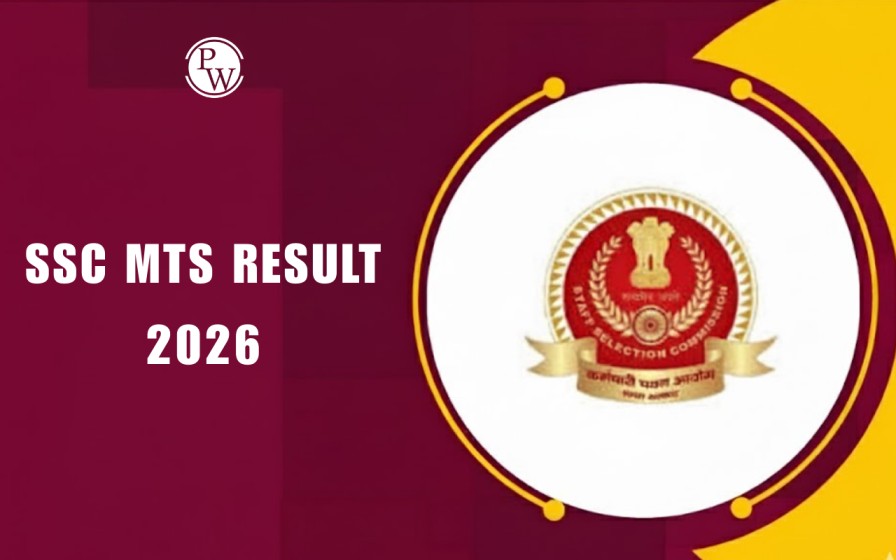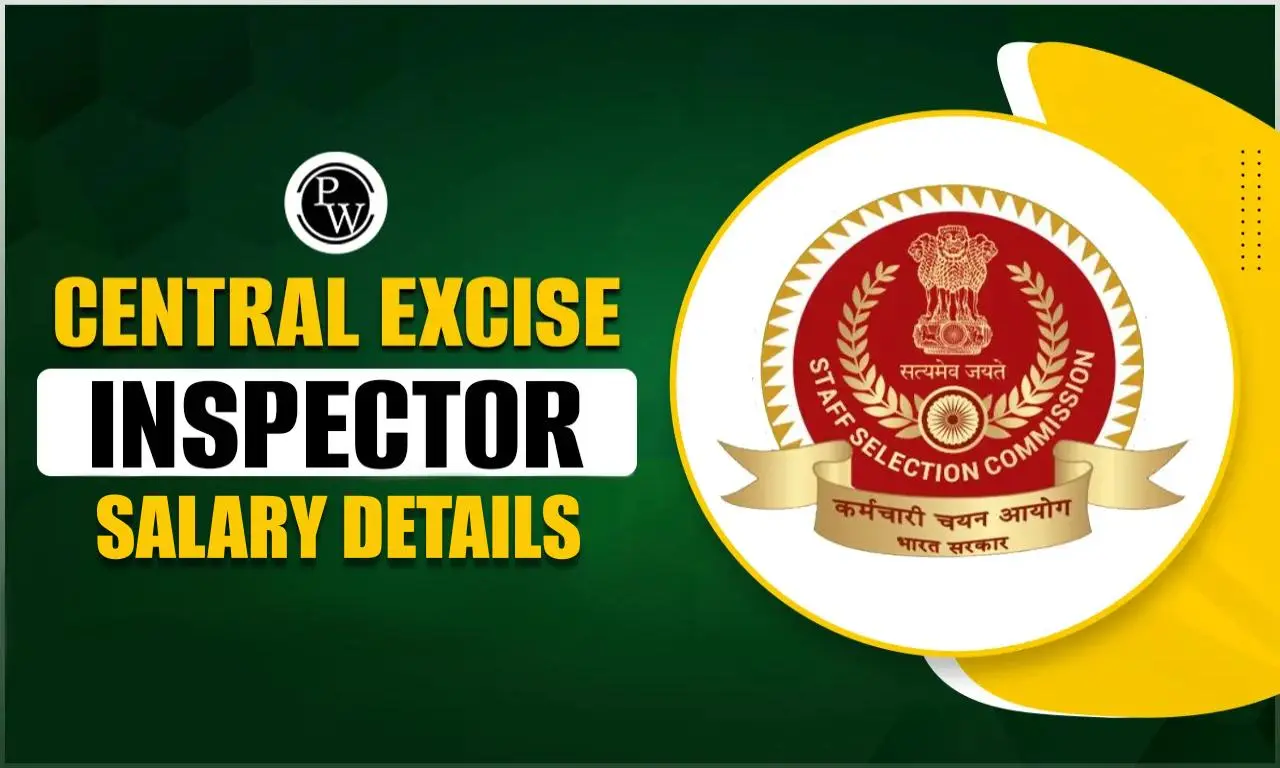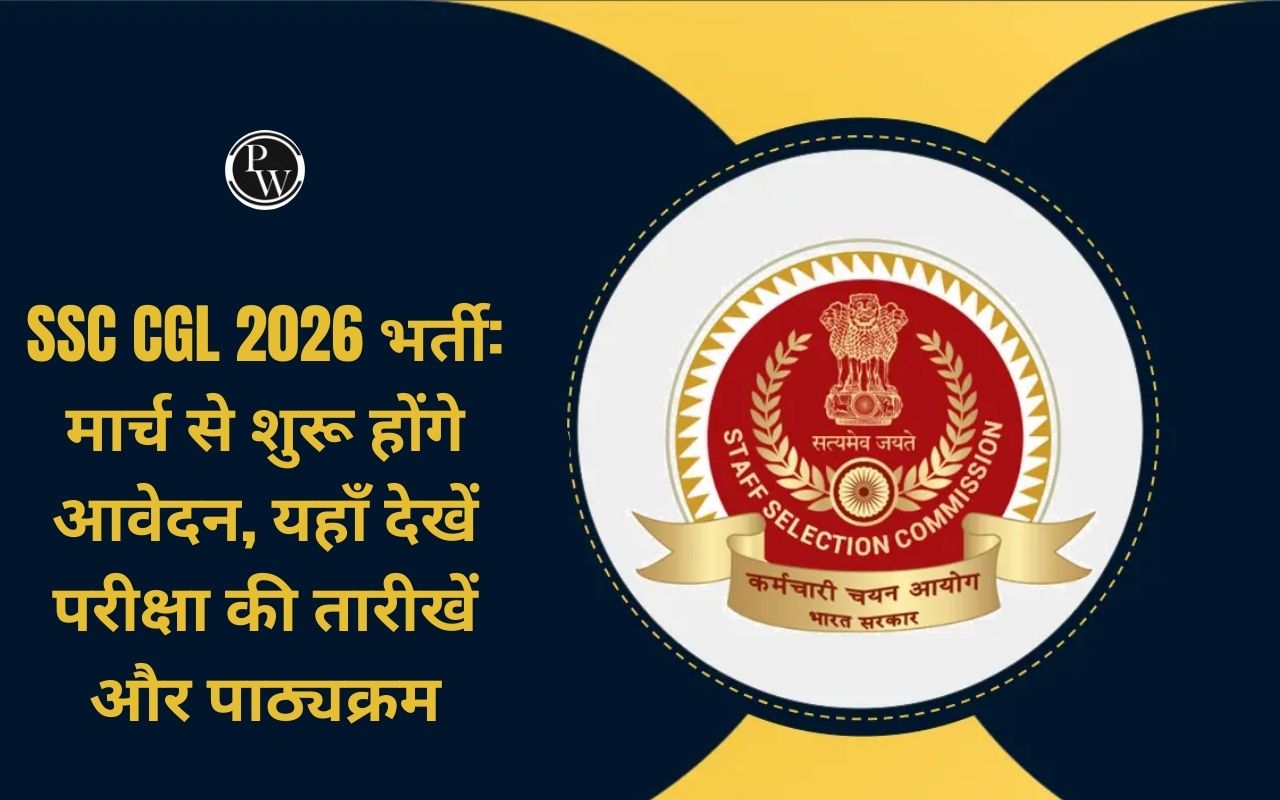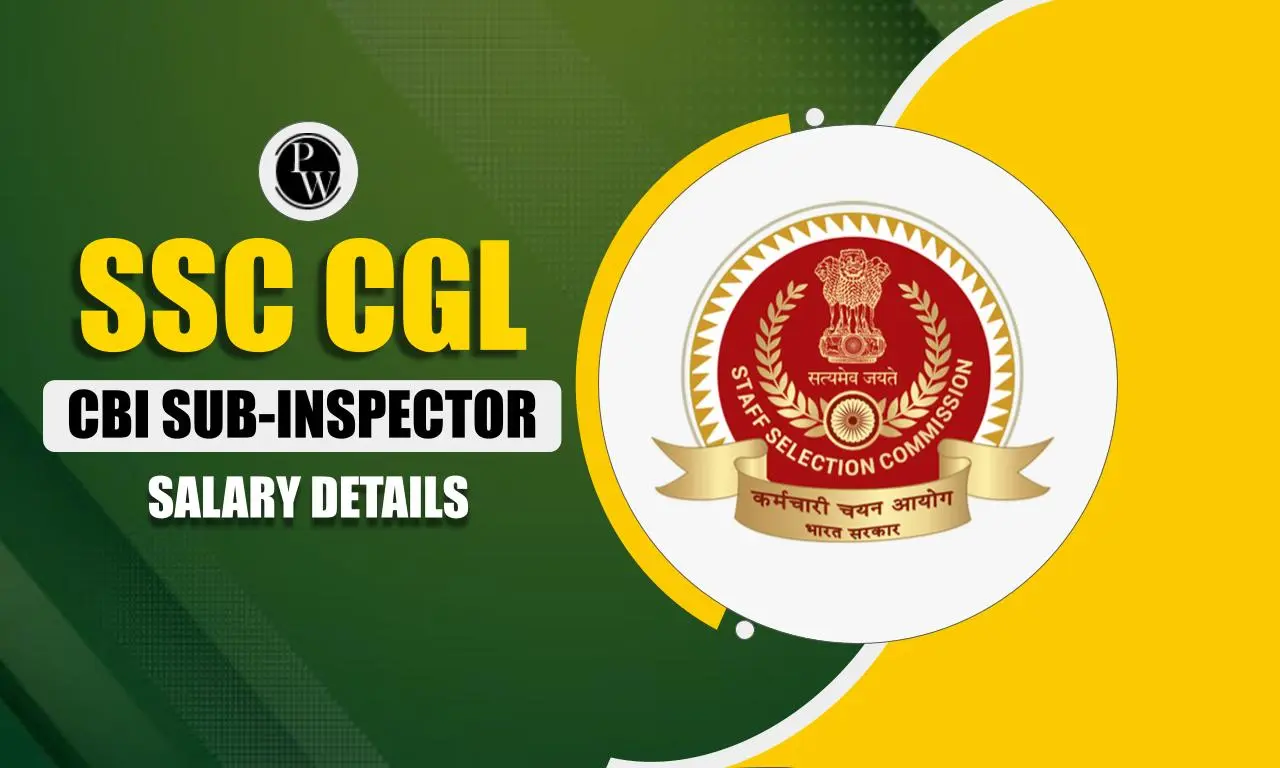
Nobel Prize in Economics : Since its establishment in 1968, the Nobel Prize in Economics has honored exceptional contributions to the field. Spanning diverse areas from macroeconomics to behavioral economics, laureates have enriched both academic discourse and practical applications. From foundational pioneers to contemporary scholars, each laureate has left an indelible mark on economic theory and policy-making. In 2025, it continues to recognize economists whose work has made a lasting global impact. Thus, it’s important to know about the list of people who contributed to this field and achieved Nobel Prize in Economics.
Nobel Prize in Economics
Nobel Prize in Economics, officially called the Sveriges Riksbank Prize in Economic Sciences in Memory of Alfred Nobel, is an international award given each year for outstanding work in economics. It was started in 1968 by Sweden’s central bank, Sveriges Riksbank, on its 300th anniversary. Though not part of Alfred Nobel’s original prizes, it holds the same prestige and is awarded along with the Nobel Prizes in Physics, Chemistry, Medicine, Literature, and Peace. The prize honors economists who have made important contributions to theory, research, and real-world applications, helping us better understand economic systems and their impact on society. Below is the complete list of Nobel Prize in Economics winners. Thus, candidates can go through the list of Nobel Prize in Economics from the below table.
List of Nobel Prize in Economics from 1969 to 20253
Candidates can go through the list of Nobel Prize in Economics from 1969 to 2025 from the below table:-
| Nobel Prize in Economics | |||
| Year | Name | Country | Achievement |
| 1969 | Ragnar Frisch | Norway | Pioneer in econometrics |
| Jan Tinbergen | Netherlands | Pioneer in econometrics | |
| 1970 | Paul Samuelson | U.S. | Scientific analysis of economic theory |
| 1971 | Simon Kuznets | U.S. | Research on economic growth of nations |
| 1972 | Kenneth J. Arrow | U.S. | Contributions to economic equilibrium theory and welfare theory |
| Sir John R. Hicks | U.K. | Contributions to economic equilibrium theory and welfare theory | |
| 1973 | Wassily Leontief | U.S. | Innovator in input-output analysis |
| 1974 | Friedrich von Hayek | U.K. | Pioneer in analyzing economic, social, and institutional phenomena |
| Gunnar Myrdal | Sweden | Pioneer in analyzing economic, social, and institutional phenomena | |
| 1975 | Leonid Vitalyevich Kantorovich | U.S.S.R. | Pioneer in optimal resource allocation |
| Tjalling C. Koopmans | U.S. | Pioneer in optimal resource allocation | |
| 1976 | Milton Friedman | U.S. | Leader in consumption analysis, monetary theory, and economic stabilization |
| 1977 | James Edward Meade | U.K. | Contributions to international trade theory |
| Bertil Ohlin | Sweden | Contributions to international trade theory | |
| 1978 | Herbert Alexander Simon | U.S. | Pioneer in decision-making processes in economic organizations |
| 1979 | Sir Arthur Lewis | U.K. | Analyst of economic processes in developing nations |
| Theodore William Schultz | U.S. | ||
| 1980 | Lawrence Robert Klein | U.S. | Developer and analyst of empirical models of business fluctuations |
| 1981 | James Tobin | U.S. | Pioneer in portfolio selection theory of investment |
| 1982 | George J. Stigler | U.S. | Researcher on economic effects of governmental regulation |
| 1983 | Gerard Debreu | U.S. | Mathematician who proved supply-and-demand theory |
| 1984 | Sir Richard Stone | U.K. | Developer of a national income accounting system |
| 1985 | Franco Modigliani | U.S. | Analyst of household savings and financial markets |
| 1986 | James M. Buchanan | U.S. | Bridged economics and political science with public-choice theory |
| 1987 | Robert Merton Solow | U.S. | Contributor to the theory of economic growth |
| 1988 | Maurice Allais | France | Contributor to the theory of markets and efficient use of resources |
| 1989 | Trygve Haavelmo | Norway | Developer of statistical techniques for economic forecasting |
| 1990 | Harry M. Markowitz | U.S. | Researcher on financial markets and investment decision-making |
| Merton H. Miller | U.S. | Researcher on financial markets and investment decision-making | |
| William F. Sharpe | U.S. | Researcher on financial markets and investment decision-making | |
| 1991 | Ronald Coase | U.S. | Applied economic principles to the study of law |
| 1992 | Gary S. Becker | U.S. | Applied economic theory to social sciences |
| 1993 | Robert William Fogel | U.S. | Contributor to economic history |
| Douglass C. North | U.S. | Contributor to economic history | |
| 1994 | John C. Harsanyi | U.S. | Developer of game theory |
| John F. Nash | U.S. | Developer of game theory | |
| Reinhard Selten | Germany | Developer of game theory | |
| 1995 | Robert E. Lucas, Jr. | U.S. | Incorporated rational expectations in macroeconomic theory |
| 1996 | James A. Mirrlees | U.K. | Contributor to the theory of incentives under conditions of asymmetric information |
| William Vickrey | U.S. | Contributor to the theory of incentives under conditions of asymmetric information | |
| 1997 | Robert C. Merton | U.S. | Developed method for determining the value of stock options and other derivatives |
| Myron S. Scholes | U.S. | Developed method for determining the value of stock options and other derivatives | |
| 1998 | Amartya Sen | India | Contributor to welfare economics |
| 1999 | Robert A. Mundell | Canada | Analyst of optimum currency areas and of policy under different exchange-rate regimes |
| 2000 | James J. Heckman | U.S. | Developer of methods of statistical analysis of individual and household behaviour |
| Daniel L. McFadden | U.S. | Developer of methods of statistical analysis of individual and household behaviour | |
| 2001 | George A. Akerlof | U.S. | Analyst of markets with asymmetric information |
| A. Michael Spence | U.S. | Analyst of markets with asymmetric information | |
| Joseph E. Stiglitz | U.S. | Analyst of markets with asymmetric information | |
| 2002 | Daniel Kahneman | U.S./Israel | Integrated psychological research into economic science, especially concerning human judgment and decision-making under uncertainty |
| Vernon L. Smith | U.S. | Established laboratory experiments as a tool in empirical economic analysis | |
| 2003 | Robert F. Engle | U.S. | Developed techniques for the analysis of time series data |
| Clive W.J. Granger | U.K. | Developed techniques for the analysis of time series data | |
| 2004 | Finn E. Kydland | Norway | Contributor to dynamic macroeconomics |
| Edward C. Prescott | U.S. | Contributor to dynamic macroeconomics | |
| 2005 | Robert J. Aumann | Israel | Contributor to game-theory analysis |
| Thomas C. Schelling | U.S. | Contributor to game-theory analysis | |
| 2006 | Edmund S. Phelps | U.S. | Analyst of intertemporal trade-offs in macroeconomic policy |
| 2007 | Leonid Hurwicz | U.S. | Laid the foundations of mechanism design theory |
| Eric S. Maskin | U.S. | Laid the foundations of mechanism design theory | |
| Roger B. Myerson | U.S. | Laid the foundations of mechanism design theory | |
| 2008 | Paul Krugman | U.S. | Analyst of trade patterns and location of economic activity |
| 2009 | Elinor Ostrom | U.S. | Analyst of economic governance, especially the commons |
| Oliver E. Williamson | U.S. | Analyst of economic governance, especially the boundaries of the firm | |
| 2010 | Peter A. Diamond | U.S. | Analyst of markets with search frictions |
| Dale T. Mortensen | U.S. | Analyst of markets with search frictions | |
| Christopher A. Pissarides | Cyprus/U.K. | Analyst of markets with search frictions | |
| 2011 | Thomas J. Sargent | U.S. | Empirical research on cause and effect in the macroeconomy |
| Christopher A. Sims | U.S. | Empirical research on cause and effect in the macroeconomy | |
| 2012 | Alvin E. Roth | U.S. | Work on market design and matching theory |
| Lloyd S. Shapley | U.S. | Work on market design and matching theory | |
| 2013 | Eugene F. Fama | U.S. | Empirical analysis of asset prices |
| Lars P. Hansen | U.S. | Empirical analysis of asset prices | |
| Robert J. Shiller | U.S. | Empirical analysis of asset prices | |
| 2014 | Jean Tirole | France | Analyst of market power and regulation |
| 2015 | Angus S. Deaton | U.K. | Analyst of consumption, poverty, and welfare |
| 2016 | Oliver Hart | U.K. | Contributor to contract theory |
| Bengt Holmström | Finland | Contributor to contract theory | |
| 2017 | Richard H. Thaler | U.S. | Contributor to behavioral economics |
| 2018 2019 | William D. Nordhaus | U.S. | Integrated climate change into long-run macroeconomic analysis |
| Paul M. Romer | U.S. | Integrated technological innovations into long-run macroeconomic analysis | |
| Abhijit Banerjee | U.S. | Applied experimental approach to alleviating global poverty | |
| Esther Duflo | France/U.S. | Applied experimental approach to alleviating global poverty | |
| Michael Kremer | U.S. | Applied experimental approach to alleviating global poverty | |
| 2020 | Paul Milgrom | U.S. | Innovations in auction theory and inventions of new auction formats |
| Robert B. Wilson | U.S. | Innovations in auction theory and inventions of new auction formats | |
| 2021 | Joshua Angrist | U.S./Israel | Methodological contributions to the analysis of causal relationships |
| David Card | Canada/U.S. | Empirical contributions to labour economics | |
| Guido Imbens | Neth./U.S. | Methodological contributions to the analysis of causal relationships | |
| 2022 | Ben Bernanke | U.S. | Research on banks and financial crises |
| Douglas Diamond | U.S. | ||
| Philip Dybvig | U.S. | ||
| 2023 | Claudia Goldin | U.S. | Research on women’s labour market outcomes |
| 2024 |
Daron Acemoglu |
Turkey U.S. |
Research on how institutions develop and influence economic prosperity |
| Simon Johnson |
U.K. |
||
| James A. Robinson |
U.K. U.S. |
||
Nobel Prize In Economics FAQs
Who was the first recipient of the Nobel Prize in Economics?
What is the official name of the Nobel Prize in Economics?
What areas of economics are considered for the Nobel Prize?
Is the Nobel Prize in Economics an original Nobel Prize?
How is the Nobel Prize in Economics awarded?










